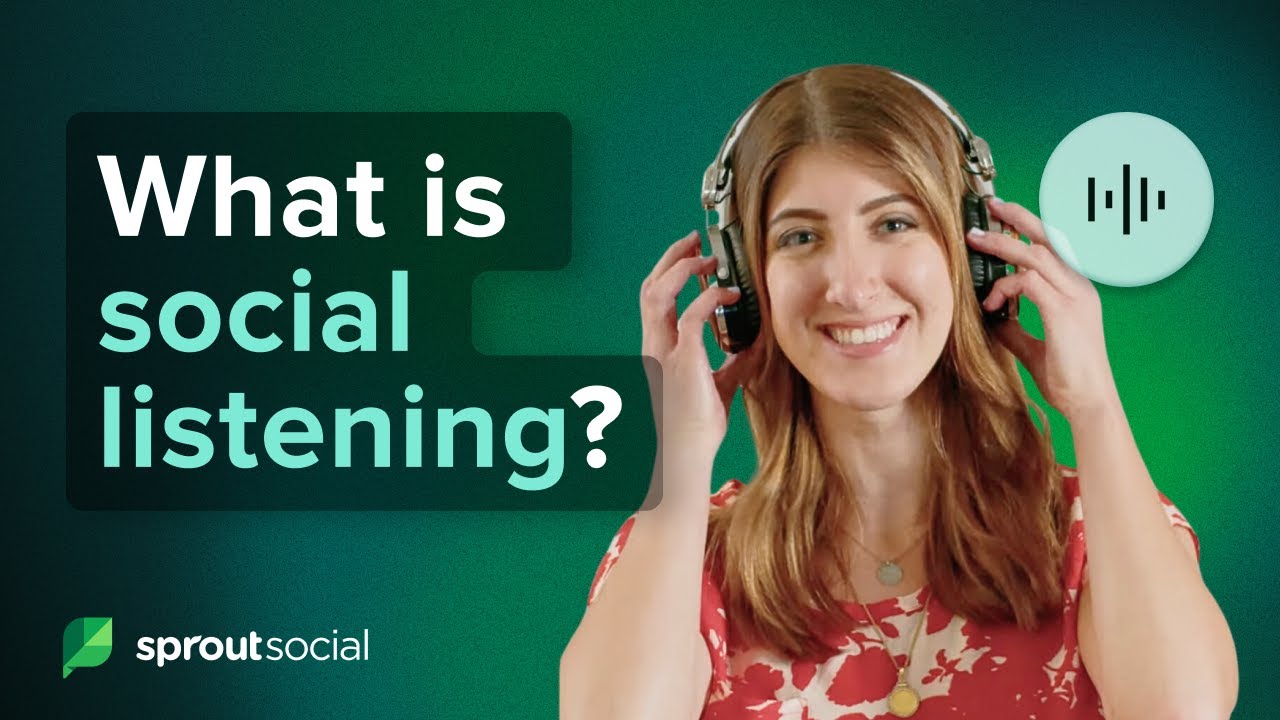What is Social listening and what problems can it help you solve?

The video explains that social listening is the process of analyzing social media conversations to gain insights and make better business decisions. It differs from social monitoring by focusing on how people feel and why, even when they don’t directly tag a brand.


Share